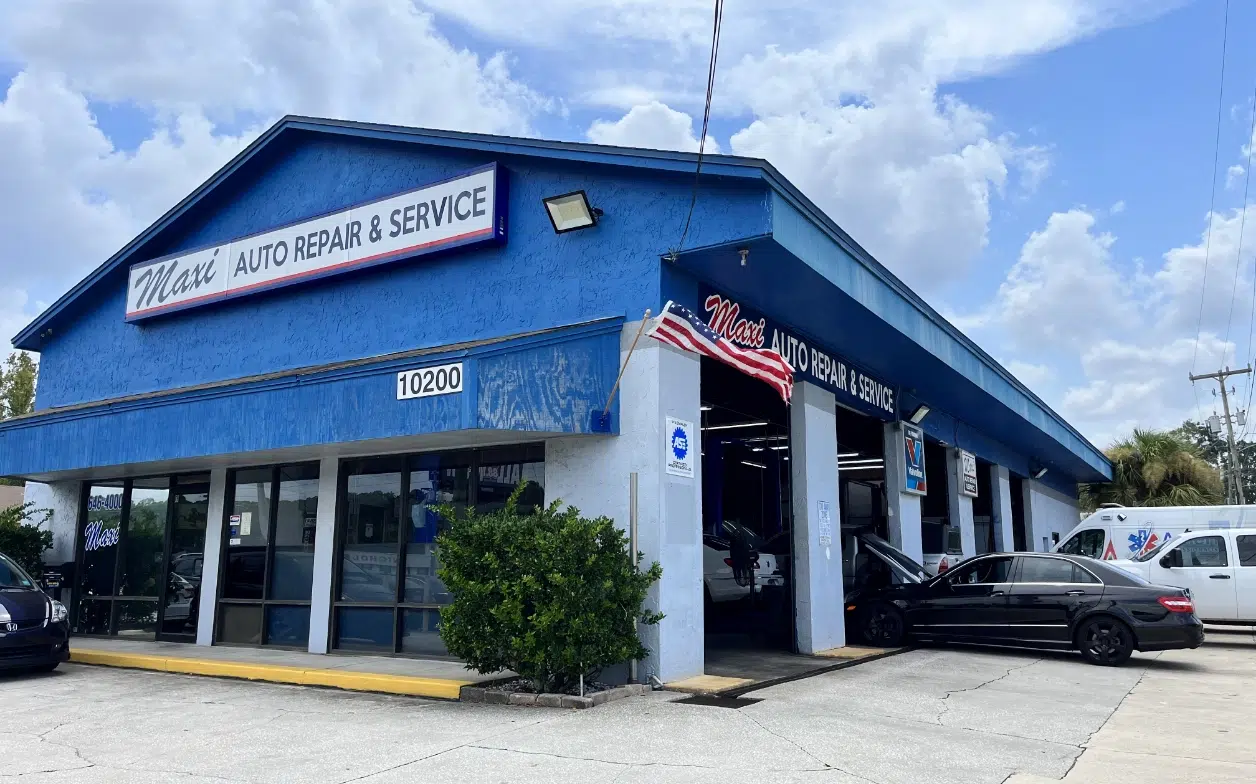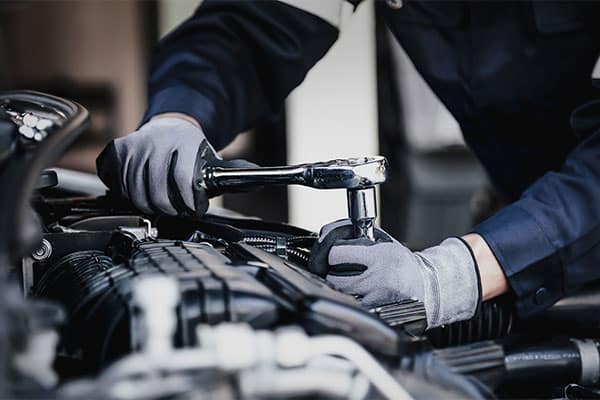All Categories
Featured
Your vehicle's brakes are one of one of the most essential parts in guaranteeing your safety and security and the safety of others on the roadway. Normal brake examinations are important to preserving optimum stopping efficiency and staying clear of pricey fixings. Whether you're a skilled auto proprietor or a new vehicle driver, comprehending brake evaluation guidelines can help you stay positive concerning upkeep and guarantee your car is always roadworthy.
- Why Brake Inspections Matter. The even more you drive, the much more friction your brake pads sustain, eventually leading to reduced braking performance. Without correct assessment, it's difficult to evaluate when your brakes may be in need of repair service.
A properly maintained brake system makes sure fast, responsive quiting power, especially in emergency situations. It likewise helps expand the life of your car, as disregarding brake upkeep can lead to much more extreme, expensive issues later.
- Indications You Required a Brake Inspection. While it's critical to have your brakes evaluated periodically, particular signs may suggest that they need focus. Watch (and ear) out for these warning signals:
Squeaking or Grinding Noises: Unusual noises, particularly a shrill squeal or grinding sound, typically mean that your brake pads are put on down. Vibration or Pulsation: If you really feel vibrations or a pulsing sensation when pressing the brake pedal, it could be an indicator of distorted rotors or irregular brake pad wear. Lowered Brake Responsiveness: If your brakes feel much less receptive or you have to press the pedal harder to decrease, it might show air in the brake lines or reduced brake fluid. Pulling away: If your automobile draws to one side when braking, it can suggest uneven brake pad wear or a brake liquid leakage. Dashboard Caution Lights: Some automobiles have brake-related warning lights that suggest issues like low brake liquid or worn brake elements. If you observe any of these signs and symptoms, it's vital to have a professional mechanic do a brake examination immediately.

- What Happens Throughout a Brake Inspection? Throughout a brake assessment, an auto mechanic will check several key parts of the braking system to make sure whatever is in functioning order. Right here's what you can expect throughout the process:
Brake Pads and Shoes: The technician will certainly examine the density of the brake pads or footwear. If they're as well thin, they'll require to be changed. Brake Rotors: Blades are the discs that the brake pads press against to slow your car down. They'll be looked for any type of signs of wear, scoring, or bending. Brake Fluid: Reduced or infected brake fluid can hinder braking performance. The specialist will certainly inspect the fluid degree and high quality and top it up or flush it if essential. Brake Lines and Hose pipes: Brake lines bring fluid from the master cylinder to the brakes. The technician will check for any type of leaks, cracks, or damages to make sure proper liquid circulation. Brake Calipers and Wheel Cyndrical Tubes: Calipers and wheel cyndrical tubes push the brake pads against the blades or drums. The professional will examine for wear, leakages, and correct operation. 4. Exactly how Often Should You Have Your Brakes Inspected? The frequency of brake examinations depends upon variables like your driving routines, the kind of lorry you drive, and the environment in which you drive. As a basic regulation, it's a great concept to have your brakes checked every 12,000 miles or yearly. However, if you experience any one of the warning indications mentioned previously, it is very important to obtain your brakes examined right away.
For those who often drive in hefty website traffic, hilly terrain, or rough weather problems, even more frequent assessments may be needed.
- Value of Timely Brake Repair Works. When you find an issue with your brakes, it's important to resolve it right away. Postponing brake repairs can result in more considerable damage to your stopping system, resulting in higher repair service prices. In severe situations, disregarding brake problems can result in complete brake failure, which is a significant safety danger.
By remaining on top of brake upkeep and addressing concerns promptly, you ensure that your brakes remain to do as planned, keeping you and your travelers risk-free on the road.
Final Thought: Keep Your Brakes in Leading Shape. Brake inspections are a straightforward yet essential part of car maintenance. By understanding the value of normal evaluations, recognizing the signs of brake issues, and remaining positive with fixings, you can ensure your vehicle's braking system remains in optimal problem.
Latest Posts
Find Premier Auto Repair Care at Montclare Auto Repair – Expert Care for Your Vehicle
Learn How to Cut Costs on Car Maintenance with Montclare Auto Repair’s Exclusive Deals
Improve Your Building with Expenses Door Equipment
More
Latest Posts
Find Premier Auto Repair Care at Montclare Auto Repair – Expert Care for Your Vehicle
Learn How to Cut Costs on Car Maintenance with Montclare Auto Repair’s Exclusive Deals
Improve Your Building with Expenses Door Equipment
